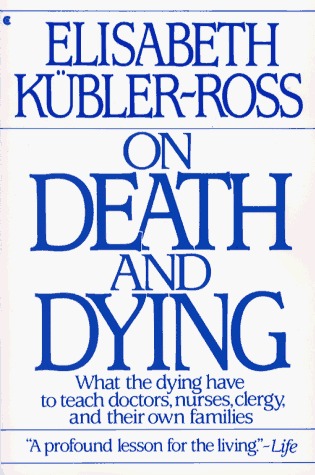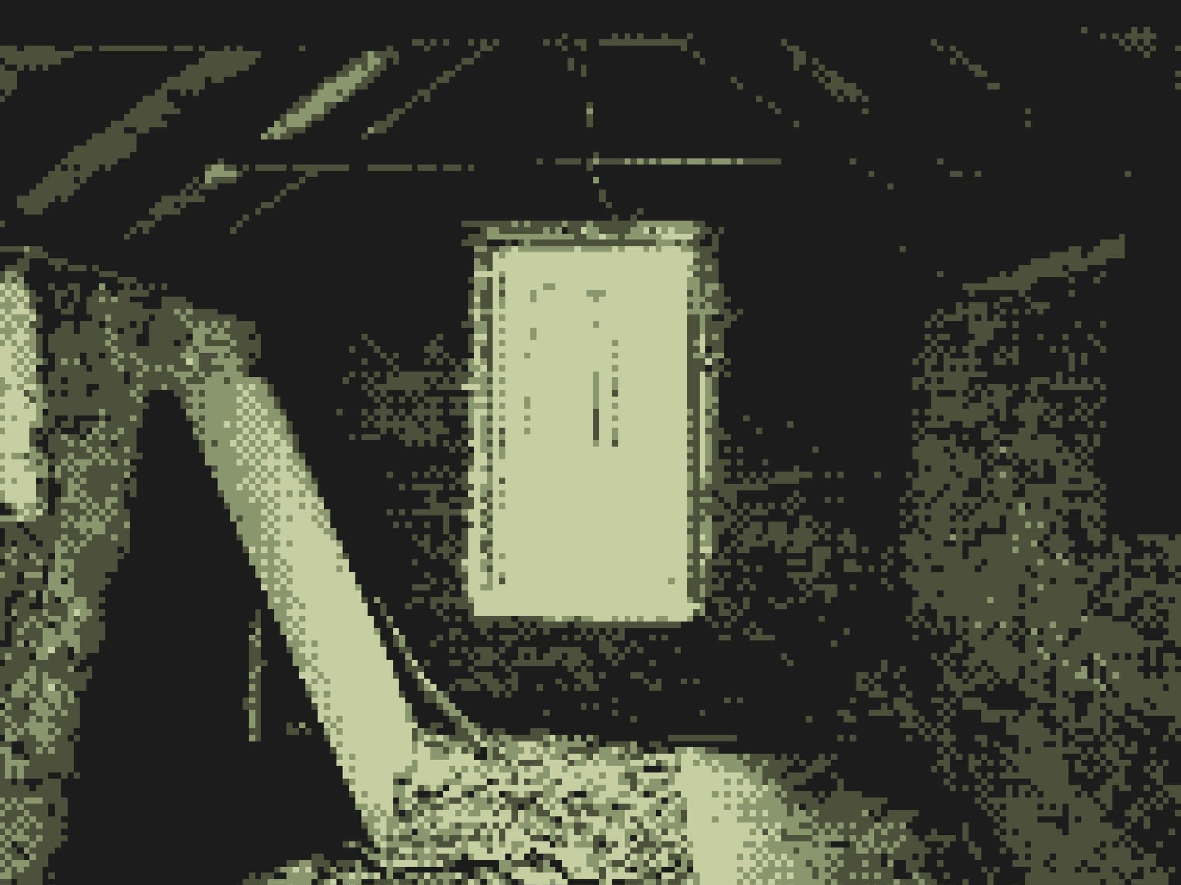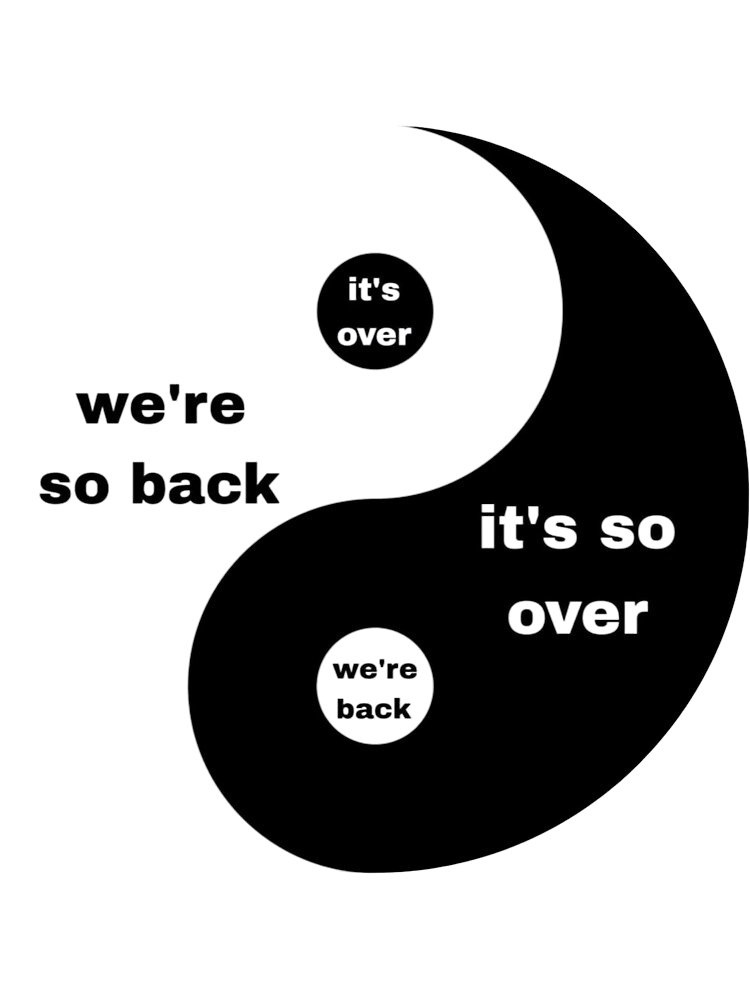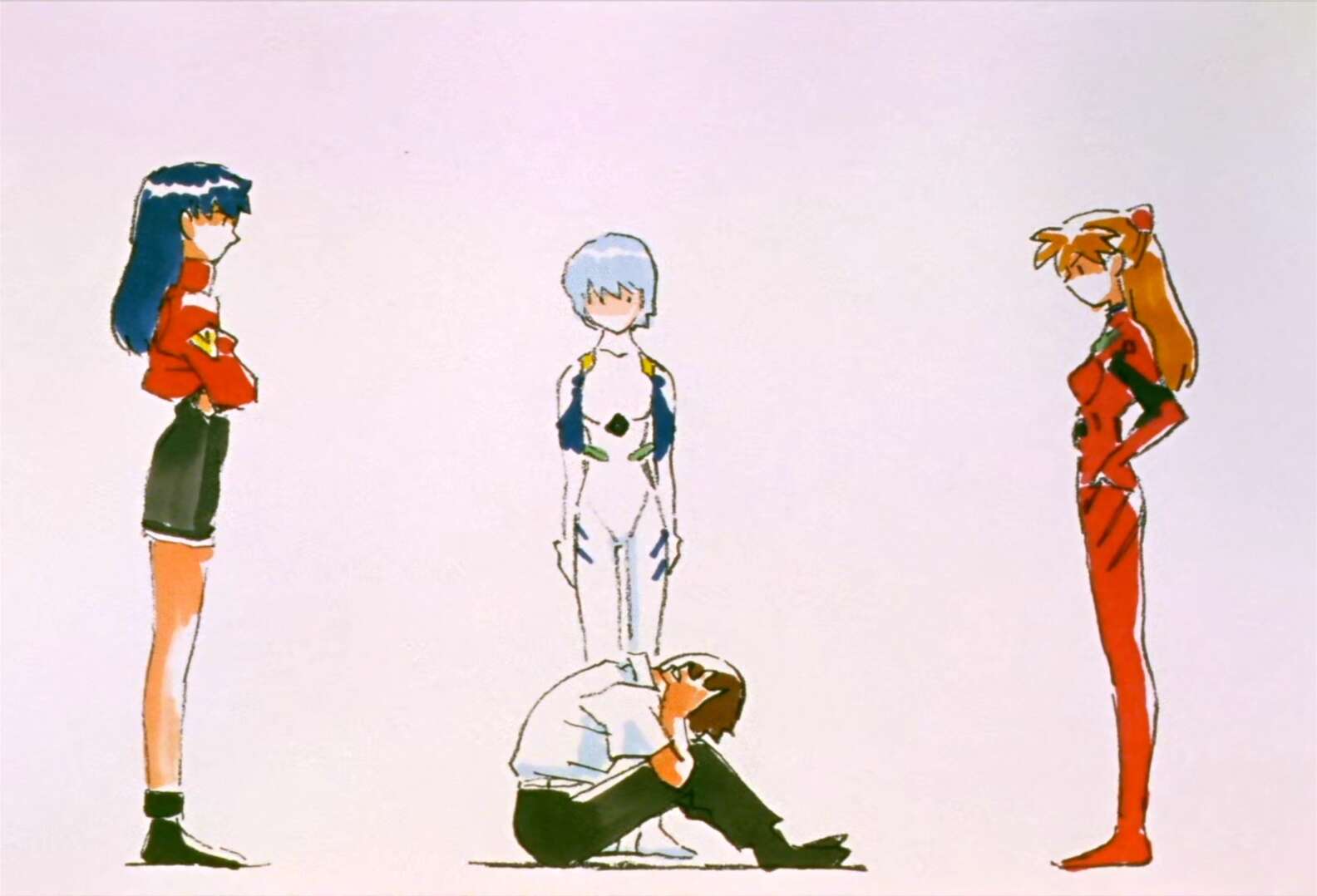Musings on Kubler-Ross's On Death and Dying
yes, i read books sometimes
Date: 01/25/24

A flaw in the baseline practice of preserving life is the fundamental mis/interpretation of what life is, and what exactly a healthcare professional is preserving in prolonging living at the cost of life. In my free time I’ve been reading Elizabeth Kubler-Ross’s work On Death and Dying, it offers a primer in the value of healthcare workers taking a step back and adjusting their practice to see the bigger picture: that life is more than the processes of autonomic actions, organ function, and electrical activities of the brain. That there is a synergy of all biopsychosocial and environmental components creating totality of the human experience, and that there is an eventuality of death that we all must face. Her Stages of Grief model applies not only to the patient, but to the families and the providers as well. In opposition, or denial, of the timeliness of death, our medical culture colludes with the desperation of infirmity and bereavement, and often places those who are dying in an imposition: to be subjected to countless tests, procedures, and surgeries in a sterile, uncomfortable hospital environment to prolong the inevitable expiration of the physical body. Doctors are put on a pedestal as masters over sickness, the connection to a nexus of best-case and worst-case answers, but the psychiatrist's treatise shows the wizard behind the curtain: that they too, are fighting a mystery of indeterminate depth, filled with prognostic successes/failures existing in superposition until attempted, either at, or in a matrix of, successes or detriments to the patient.
Enter palliative and hospice care providers, rising from the understanding that the complexities of serious medical conditions transcend the standard treatment model, and require an adaptive approach in order to maintain dignity and quality of life. Death is universal, but there is such a cosmic variance in where, when, why, and how, and having a trained and approachable provider mediate the process between treatment and dying can provide the relief and closure a person should have when transitioning from life.
What matters, what is maintained (in mobility, in capacity, in independence), the medications and what they help vs what they hurt, and whether a patient maintains the mentation of self, values, and rights are critical when bookending the incredibly abstract summation of the human experience.
There exists much modern critique of her grief theory, however, the threads of her theory exist interwoven in the quilts of our modern models. While we do not prescribe to the rigidity of the linear model, we recognize that grief is a complex system of highly dynamic forces.
Housing Equity
Date: 12-08-24
is anyone checking to make sure that black mold in the kitchen hasn't gotten out of hand?

While multigenerational homes are slowly becoming more prevalent, there exists a population who are unable to access this font of protective factors. The oldest living Americans are relegated to needing their own subsidy, separate from the family’s other subsidies, and now economically, HUD is financially supporting 3 generations of one family across 3+ rentals, in a market where we have a 19 month average waitlist for subsidy, as well as an extreme shortage of available housing to even use that subsidy on? MAKE THIS MAKE SENSE.
Housing literacy is a must for providers, to effectively educate on health literacy. Understanding what housing insecurity is, and what it’s needs are is crucial to maintaining a client’s connection to the world around them: their health, their social connections, and their dignity to be integrated into the community.
"Forever Young" is lame, anyways
aging in a world where individualism and youth culture is rampant
Date: 11-30-24

Lian and Luo’s attempts to shift the dialectical narrative of Successful Aging towards a more centered, holistic approach via Harmonious Aging (2012) creates a grounded, hegemony-challenging perspective within established social theory. The paper critiqued the Successful/Productive Aging model as rooted in western-centrism: it provides a disharmonious outlook to the inevitability of old age. Where denial, rooted in youth culture thinly disguised as “agelessness”, compounded with an overly capitalist set of values, inconsequently depersonalizes and disvalues the experiences, lives, and inherent worth of an aging population.
These are our parents, our childhood teachers, our neighbors, our mentors, , these are people who are being inundated with impossible societal messages to stay pretty, stay young, stay productive within the massive machine that actively otherizes and limits access to its constituent parts. Even if we didn’t have personal skin in the game by nature of the selfishness within our interpersonal relationships to “them”, to deny the possibility of creating grace and profound meaning of ourselves as aging people, denies the gravitas of our most concrete biological certainty: we will all age, we will all die.
The Tao recognizes the mind and body as transcending discrete, mortal qualities, rather being interwoven in both continuity and change, time and space, the yin and the yang. Of limitations, I currently wonder about effective applications of Harmonious Aging, or Taoist cultivation, within a ecological network of qi that is imbalanced and disharmonized. This dissonance of theory and application is the isolation of older Americans, it is the retrenchment of progressive policy, it is the intergenerational distrust and ethnocentrism creating the “us vs. them” and the “sick old vs. healthy old” further factionalizing us from group unity and collective harmony.
Liang, J., & Luo, B. (2012). Toward a discourse shift in social gerontology: From successful aging to harmonious aging. Journal of Aging Studies, 26(3), 327–334. https://doi.org/10.1016/j.jaging.2012.03.001
Case Study: Shinji Ikari
yes, i'm very lame to watch movies with
Date: 04-28-24

I watched End of Evangelion, and wrote a case assessment for Shinji Ikari. Do you agree with the diagnosis? It's a doozy, so it is available by download here!
Shinji Ikari Case Assessment-- End of Evangelion